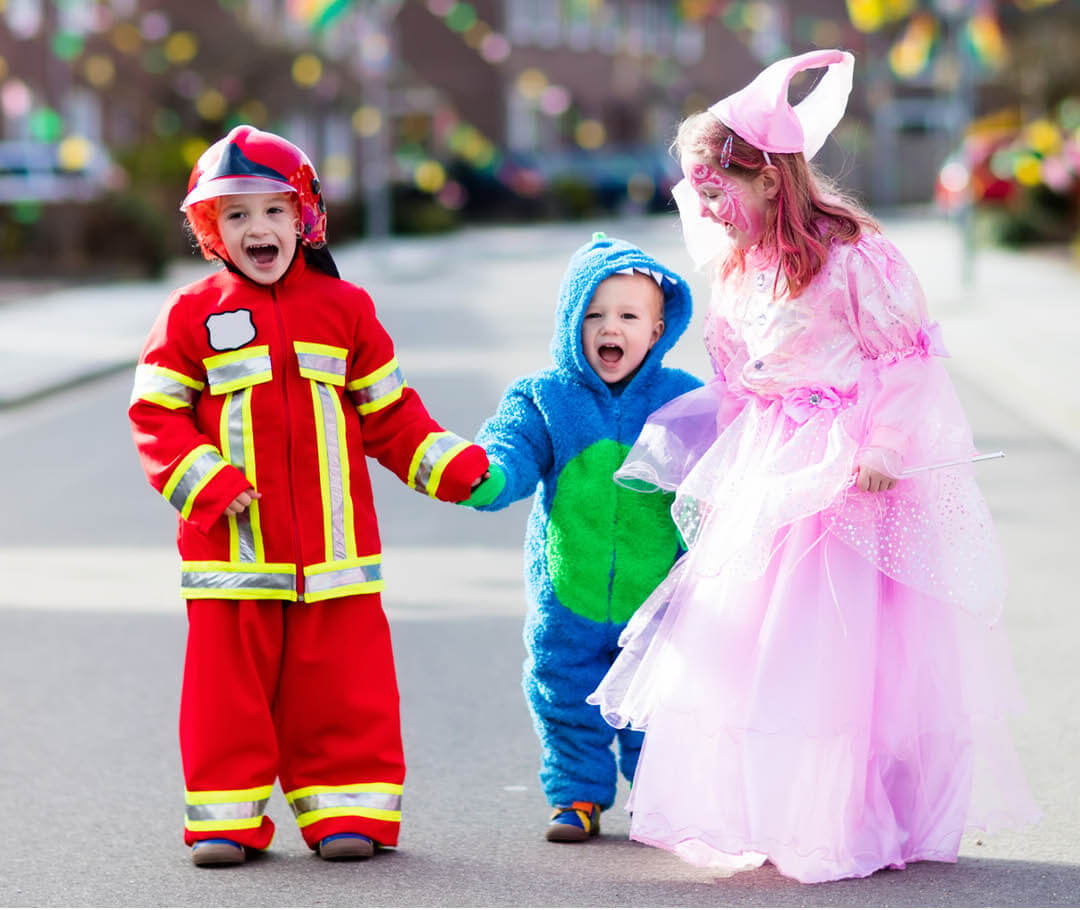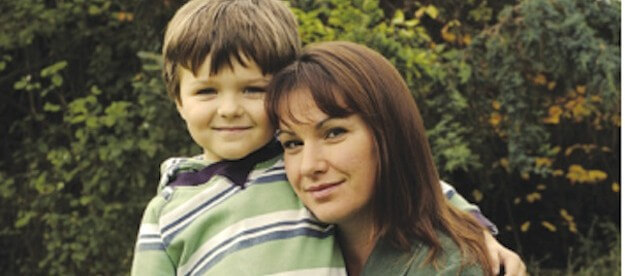How to Select Appropriate Gifts for Kids with Special Needs
FEATURED POSTS
December 30, 2025
Buying the perfect gift for kids and other loved ones can be challenging, and this can also be true when buying gifts for kids with autism. To help make your gift-giving easier, here are a few helpful tips to keep in mind when purchasing gifts for individuals with autism:
Focus on the person’s interests and preferences
Research shows that incorporating preferences into the learning and play environment of individuals with autism, can reduce behaviors and can increase certain skills (1). So we can capitalize on what someone already likes! For example, if a child likes dogs, find games, activities, or toys that are dog-related. If a child likes swimming, activities involving water play may be a hit (e.g., water tables, sprinkler toys, water beads, grow capsules). Alternatively, if a child is sensitive to loud noises, a toy fire truck with a siren may not be appropriate. Ask friends and family of the person for whom you are buying the gift what that person generally likes and/or dislikes.
Focus on age-appropriateness
Although keeping a person’s preferences in mind when shopping for gifts is a great start, always consider the age-appropriateness of the gift in mind. For instance, a teen with autism may love playing with shape sorters, but considering that he is a teen and the toy is meant for toddlers, there are more appropriate toys with which he could play. Try finding gifts that have similarities to the original toy, but have age recommendations that correspond to the age of the individual for whom you are buying the gift. For example, rather than buying a new shape sorter for the teen, a more appropriate gift might be Jenga or a piggy bank. In Jenga, stacking wooden blocks in a pattern and pushing wooden blocks out of a block tower is a similar activity to pushing shapes through a shape sorter. Additionally, dropping coins into a piggy bank slot is a similar activity to pushing shapes through a shape sorter. Both of the aforementioned activities could serve as a more appropriate replacement for the shape sorter.
Focus on developmental-appropriateness
Many toys come with age recommendations, and while these recommendations are helpful, they might not always lead you to the perfect gift. A rule of thumb when purchasing a gift is to consider both the age and the development of the person for whom you are buying a gift. For example, the game “Apples to Apples” would not be developmentally appropriate for a non-verbal teen, even if it is an age-appropriate game. When looking for the right gift, focus on what the person can do. For instance, if the non-verbal teen mentioned above is great at drawing, then a sketch pad or an adult coloring book could be a more appropriate gift. If you are unsure what the person can do, ask friends and family of the person for whom you are buying the gift what skills that person has mastered.
Note: Be sensitive to how family and friends of a person with autism may feel when being asked questions about the skills of their loved one. If asking questions, always frame your questions from the perspective of accomplishment (e.g., what skills have they mastered) and not deficit (e.g., in what areas are they delayed) to be supportive and respectful of the individual’s growth and development.
Be mindful of behavior excesses/triggers
Some individuals with autism engage in behaviors that put them or their loved ones at risk of harm. For example, if a child engages in pica (e.g., eating of nonfood items), gifts containing small objects may pose as a choking hazard. For example, if a child engages in aggression towards others, gifts with violent content may not be appropriate, as additional exposure to violence may contribute to future instances of aggression. Alternatively, individuals with sensory-seeking behaviors may benefit from gifts that redirect their behaviors in more appropriate ways. For example, if a child rocks back and forth, a swing may be a great way to meet their sensory need. Additionally, certain objects can trigger behaviors in some individuals with autism (e.g., loud noises, highly preferred items, phobias, etc.). Ask friends and family of the person for whom you are buying the gift if there are any behavior excesses/triggers to consider before purchasing a gift.
Focus on toys that encourage interaction with others
Social deficits are a defining characteristic of autism, which means that when gift-giving, try to purchase gifts that encourage social interaction. While almost any activity can be turned into a social interaction, certain activities may be more conducive to social interactions than others. For example, instead of buying a computer game, consider the game Bop It, which is an electronic game that can be played in a group.
Focus on expanding their repertoire
Individuals with autism sometimes have restricted or limited interests (e.g., a person only wants to talk about trucks or only wants to play with dinosaurs). In order to help expand their repertoire, try finding activities that are new, but similar to current interests. For example, if a child’s favorite activity is playing with PlayDoh, kinetic sand or slime may be an appropriate gift to help expand their repertoire because it is similar to their current interest, but slightly different. Ultimately, gifts that will provide them with new experiences may act as potential new reinforcers (e.g., stimuli that increase behaviors), and may significantly enrich their learning environment.
Recommendations
Stores: Lakeshore Learning Center, Autism-Products.com, NationalAutismResources.com, Target, Kohl’s, Amazon, WalMart, iTunes (for apps)
Brands: Melissa and Doug, Fat Brain Toys
Apps: Proloquo2Go, Avaz Pro, Life360 (Find my family, friends, phone), Choiceworks
– Brittany Barger, M.Ed., BCBA
Resources
Increasing Task Engagement Using Preference or Choice-Making
Some Behavioral and Methodological Factors Affecting Their Efficacy as Classroom Interventions











